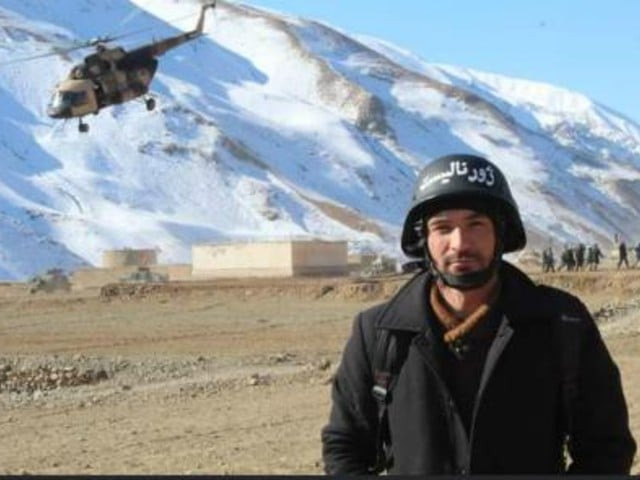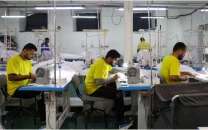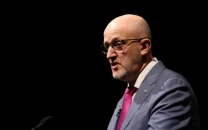11 Afghan rights defenders killed since start of peace talks: UN
In new report, UN mission in Afghanistan says targeted attacks fading hopes for peace in war-ravaged country

At least 11 activists and journalists have been slain in Afghanistan since the start of peace talks aimed at ending the nearly two-decades-long civil war, the UN said on Monday.
"This trend, combined with the absence of claims of responsibility, has generated a climate of fear among the population," said a new report by UN Assistance Mission in Afghanistan (UNAMA). "Human rights and media space has contracted as a result, with many professionals exercising self-censorship in their work, quitting their jobs, and leaving their homes and communities with hopes it will improve their safety."
Prominent among those targeted include pro-peace religious figure Mohammad Atif who headed Jamiat-e-Eslah (Society for Reforms), a local civil society group engaged in Islamic teaching and mobilisation; Fereshteh Kohestani, a women’s rights activist; Yusuf Rashid, executive director of Afghanistan Free and Fair Election Foundation; Rahmatullah Nikzad, the president of Ghazni Journalists’ Union; Malala Maiwand, a female news correspondent in Nangarhar; and Rafiullah Siddiqui, executive director of Khorshid TV.
Read More: Clashes, blasts intensify across Afghanistan
Deborah Lyons, the UN secretary-general’s special representative for Afghanistan, said independent voices need to be heard "more than ever before."
“At a time when dialogue and an end to the conflict through talks and political settlement should be the focus, the voices from human rights and the media need to be heard more than ever before, instead they are being silenced,” the diplomat who heads UNAMA said.
The report warned that the situation is having a broader impact across the society, and diminishing expectations around efforts towards peace.
Besides targeted attacks, it said rights defenders and journalists in Afghanistan are exposed to threats, intimidation, harassment, surveillance, as well as arbitrary detention.
The now stalled negotiations between Kabul and the Taliban in Doha, Qatar, where the insurgents maintain a political office, began in September last year. The second round started in January but no meeting has taken place in weeks.
The talks came after a February 2020 US-Taliban deal that promises the withdrawal of all foreign troops from the war-torn country in exchange of security guarantees.
According to the report, as many as 65 human rights defenders and media professionals were killed in Afghanistan in the past three years.
The mission urged the Afghan government to put in place an adequate framework, including special protective and proactive security measures, to prevent such attacks.
It also asked the Taliban to adopt, publicise and enforce policies that prohibit the killings of rights defenders, as well as refrain from limiting civic space, including restrictions to freedom of association, the work of civil society and humanitarian actors, and freedom of expression.



















COMMENTS
Comments are moderated and generally will be posted if they are on-topic and not abusive.
For more information, please see our Comments FAQ